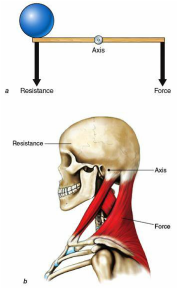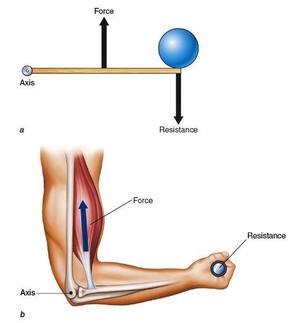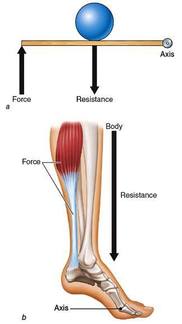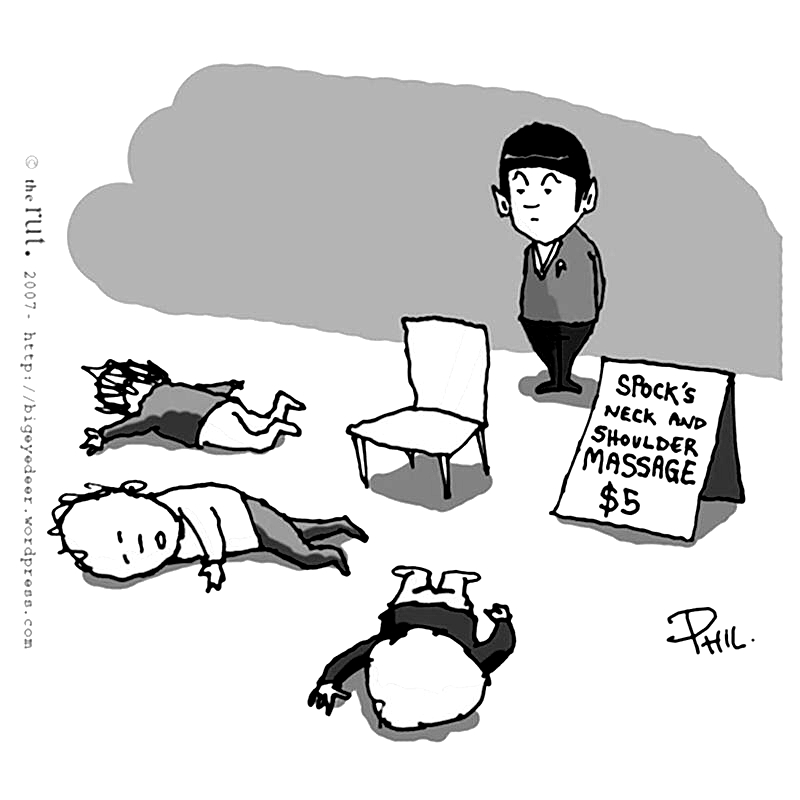 For muscle to give you full strength, range of motion and joint support, it needs to be able to lengthen fully. Everyday strain can create muscle tears that are mended by scar tissue, which inhibits lengthening, and diminishes blood supply. Massage Therapy can break apart this scar tissue and restore your muscles to a healthy state. Electroacupuncture can release chronically shortened muscle fibers through neurological inhibition. Pain reduction, improved joint function, strength, flexibility and endurance are benefits you will notice with regular treatment!
0 Comments
Hypnosis is a hyper-focused state of mind in which the 'inner-dialogue' of the conscious mind is quieted allowing the sub-conscious mind to receive suggestions free of the persistent analyses and biases of the conscious mind. This is why hypnosis has often been referred to as a 'state of heightened suggestibility'.
If you have ever read a good novel - one that really pulled you into the story - you may have noticed at times you became unaware of any noises and distractions around you, in much the same way as with a daydream. Or, if you are an athlete you may have experienced the same phenomenon as a result of being intensely focused on only what you were doing. In either case, you have entered into what many describe as a 'trance-like' state, which is in fact actually a trance, and since hypnosis is also a trance you have in fact actually experienced hypnosis. The process of getting you into hypnosis, known as 'induction' is, at least with respect to hypnotherapy, often described as being profoundly relaxing. Once you have entered into hypnosis, there are many different therapeutic approaches which may be undertaken. As a general rule, everyone who wants to be hypnotized can be hypnotized. There are some exceptions to this rule, but with respect to hypnotherapy, if you have made an appointment and showed up for that appointment, you can be hypnotized because your desire to be hypnotized has already been established and acted upon. There are many definitions for hypnotherapy, but for my own purposes as a Certified Hypnotherapist with the National Guild of Hypnotists I will provide the NGH scope of practice as the primary definition: "The use of hypnotism with clients to motivate them to eliminate negative or unwanted habits, facilitate the learning process, improve memory and concentration, develop self-confidence, eliminate stage fright, improve athletic abilities and for other social , educational and cultural endeavors of a non-medical nature. Except where the state law provides otherwise, members shall use hypnosis with clients regarding a medical or mental disease only on written referral from a licensed medical or mental health professional." Of course, as a Hypnotherapist practicing in Canada, this scope of practice differs slightly, but the general essence of the scope remains intact - most importantly that Hypnotherapy is not meant to be used as a substitute for Psychotherapy or Psychological counseling. While a Hypnotherapist may be able to help with a variety of conditions, those seeking help should always be sure to consult with a Psychologist, Psychotherapist or Psychiatrist first. I studied hypnotherapy mainly to help patients with chronic pain - as often when pain has been present for many years the brain, generally as a coping method, has learned to see it as normal. As a result, from a treatment perspective it can be a challenge to stop the brain from sending signals to injured areas even once the physical symptoms have been resolved through treatment. This can make successful resolution a longer process, as between treatments the brain habitually tightens areas that have been loosened and tells the nervous system to prepare for pain that may no longer be present. Hypnotherapy excels in the treatment of fears, habits and addictions as well as stress related to trauma. For this reason, it is an important factor in physical rehabilitation, making it an excellent addition to the range of treatments we provide at New Leaf Kinetic Arts. The primary therapy for which I was trained is known as the 'affect bridge' which is a form of regression therapy in which the hypnotized subject is regressed to a past time in their life as a means of finding the event where their symptoms first began. From there we can use techniques to reduce or eliminate from the subconscious mind, those triggers which may be presenting as symptoms in daily life. |
Author- Experienced Therapists Archives
July 2020
Categories |

|
|



 RSS Feed
RSS Feed
